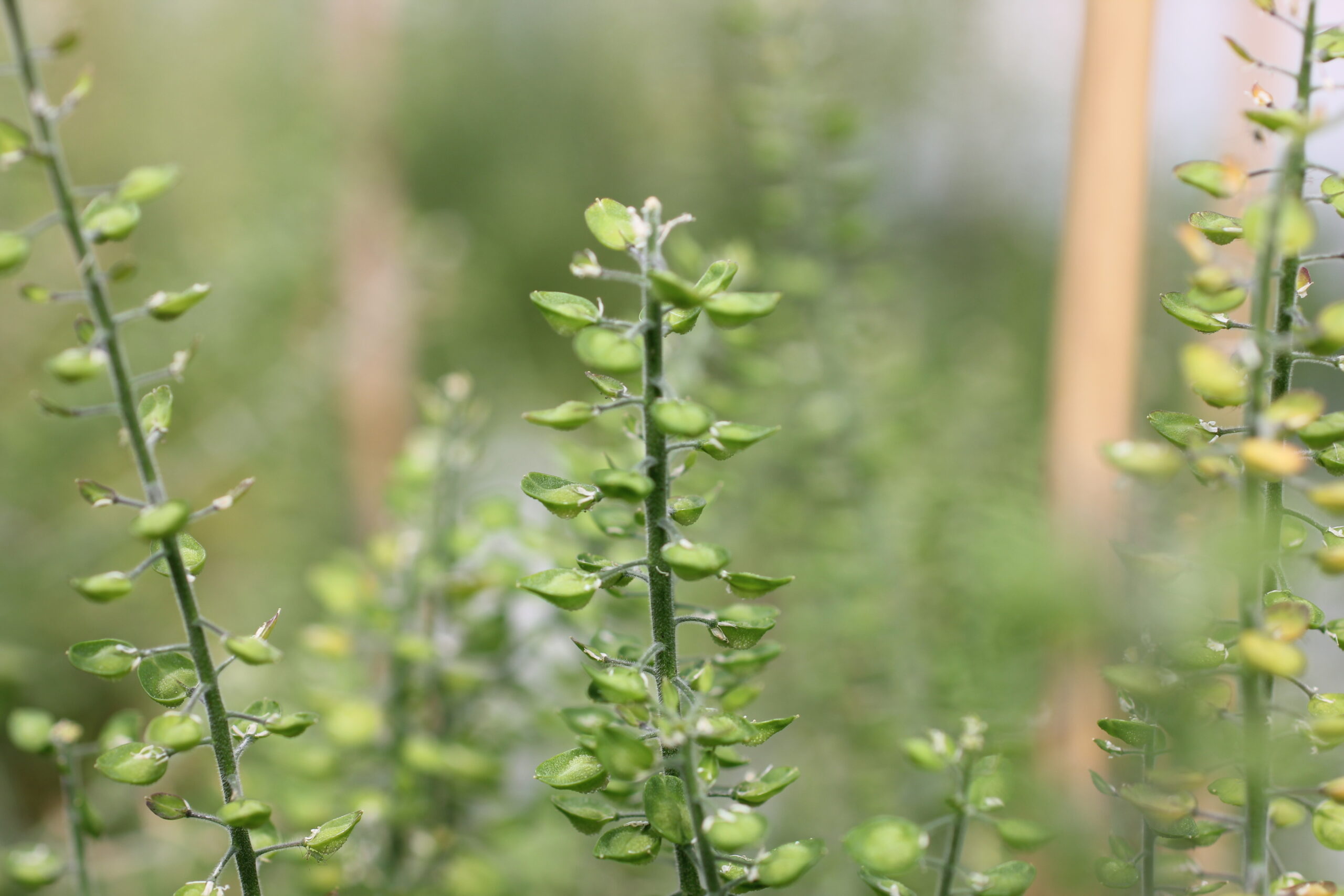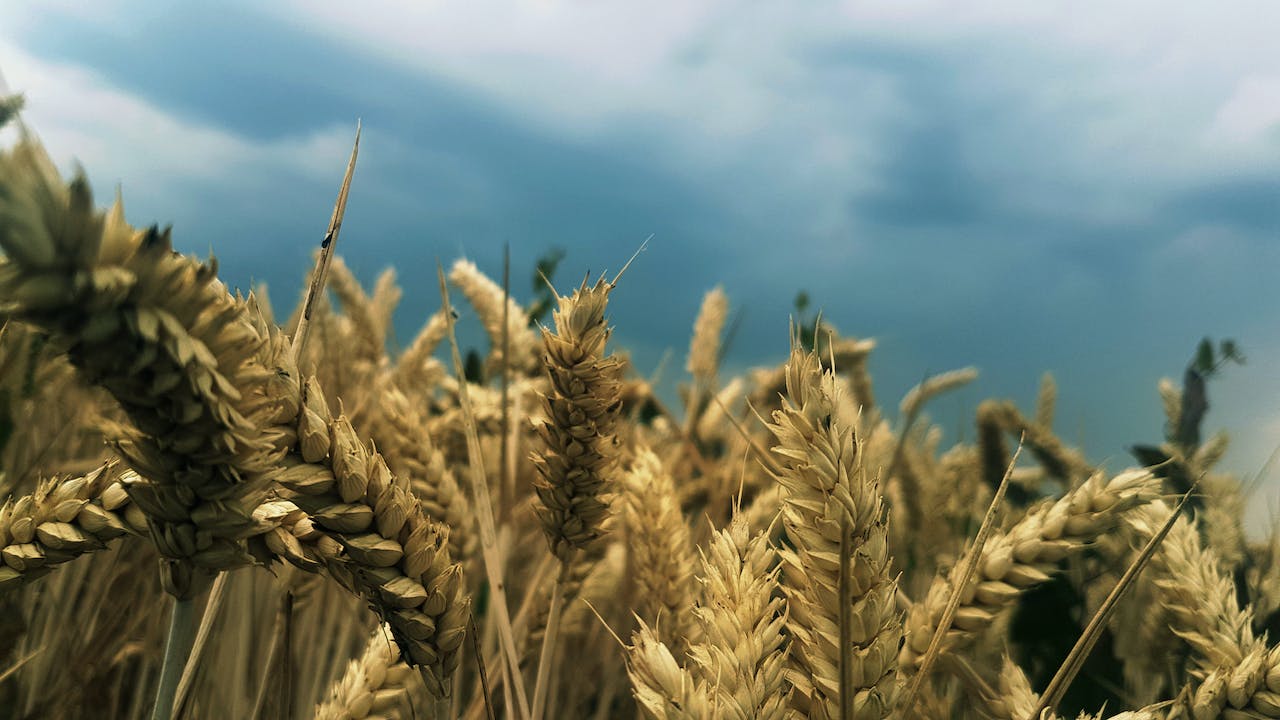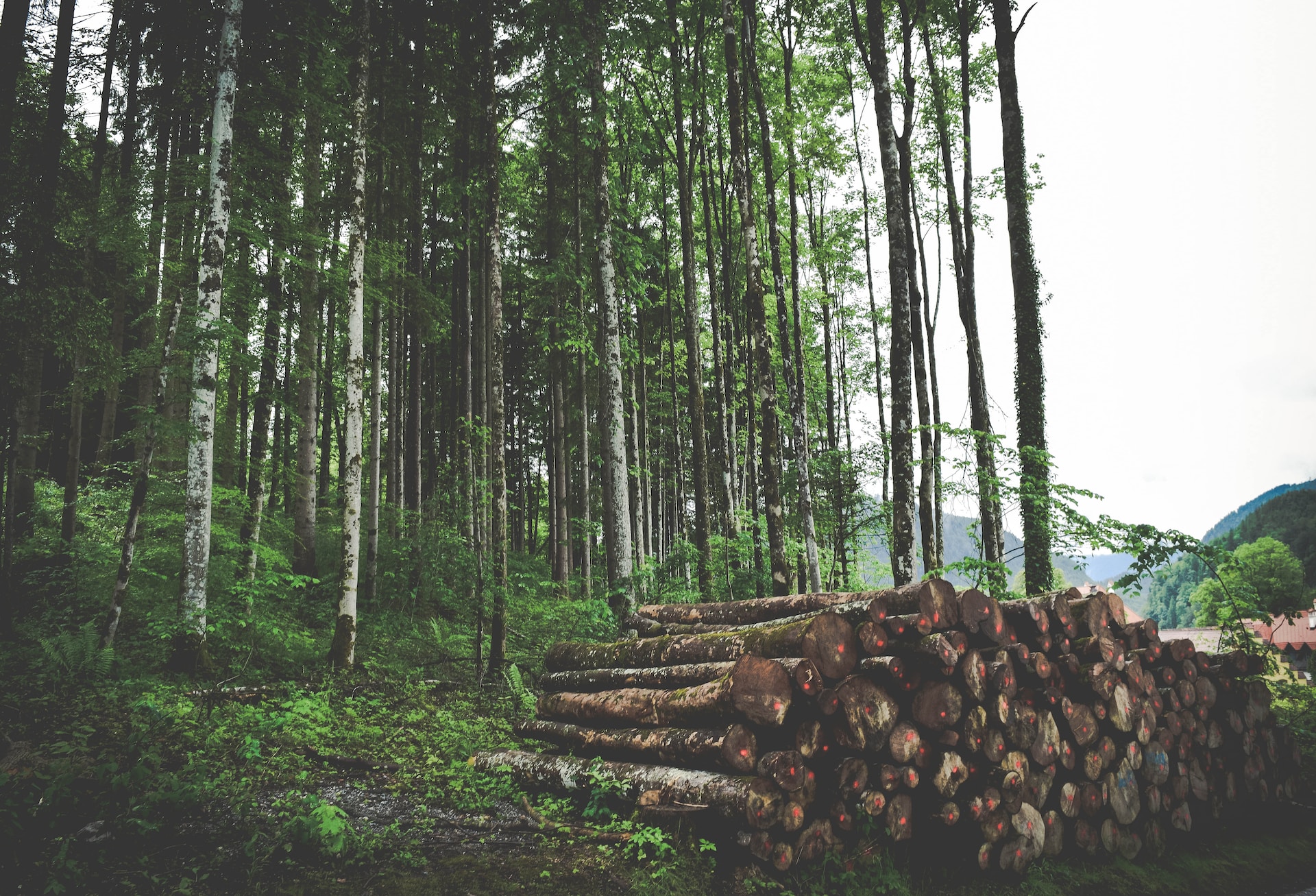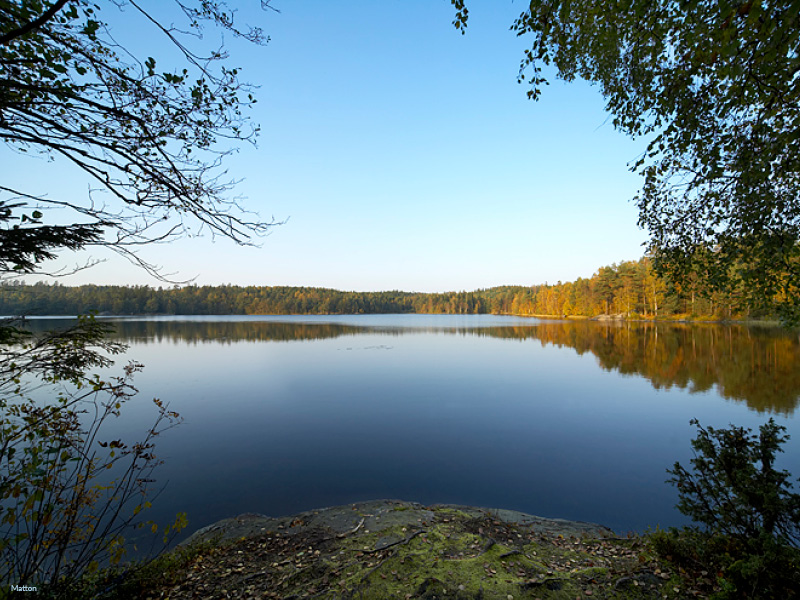Cultivating sustainable energy and empowering Swedish agriculture through a novel oil crop

This project marks the beginning of a pioneering effort to develop a novel bio-based value chain for biofuel and proteins in Sweden. Swedish researchers are developing a native wild plant, field cress, into a resilient oilseed crop ideal for the Nordic region.
The project aspires to introduce a novel crop to the Swedish agricultural system and improve the supply of renewable resources regionally. By improving field cress through modern breeding techniques, fine-tuning agricultural methods, and shaping a sustainable path to harness its potential, the project aims to generate a series of positive outcomes.
Project partners with different expertise covering the entire value chain, from genetics and chemistry to system analysis and product development, ensure the success of the project.
By generating renewable fatty acids for biofuels and protein for food and feed, this project will boost local agriculture, reduce carbon footprints, and contribute to a greener future.

Cecilia Hammenhag
Swedish University of Agricultural Sciences (SLU)

cecilia.hammenhag@slu.se
Project information
Participants
SLU
Lund University
RISE Research Institutes of Sweden
Sveriges Frö- och Oljeväxtodlare
Skeby gårdar AB
Preem
Time schedule
December 2023 - December 2026
Total cost of project
11 933 819 SEK
Swedish Energy Agency project number
2023-01029
More projects

Wood powder burners in direct-heated grain dryers for increased resource efficiency and lower CO2 emissions, stage 2
Long-term test and evaluation in a large scale real environment drying is done with combustion heat in dryers that supply heat directly…
Manager: Anders Lindgren
Ongoing

Alternatives to clear-cut forestry: effects on biodiversity, carbon sequestration, and other non-timber services
Sustainable production of forest resources is central to the development of sustainable energy systems. Increased use of clear-cut-free methods is often suggested…
Manager: Joachim Strengbom
Ongoing

A flexible bioeconomy – key factor to enabling investments in large-scale biorefineries
Domestic sustainable biogenic feedstocks are important in the energy system transition, but their use is severely limited by a lack of investment…
Manager: Elisabeth Wetterlund
Ongoing


